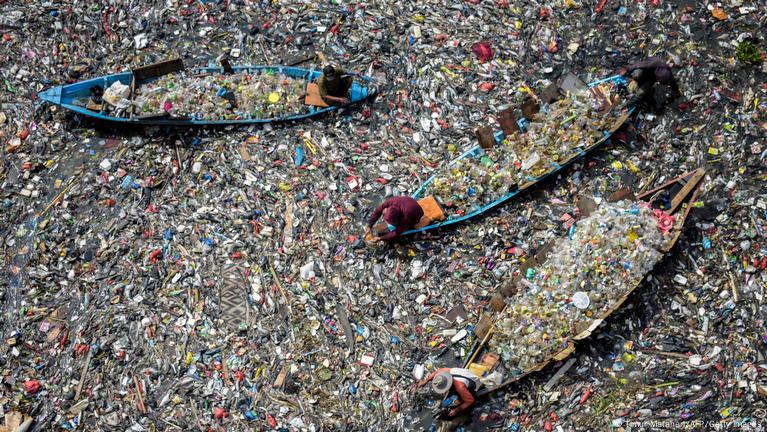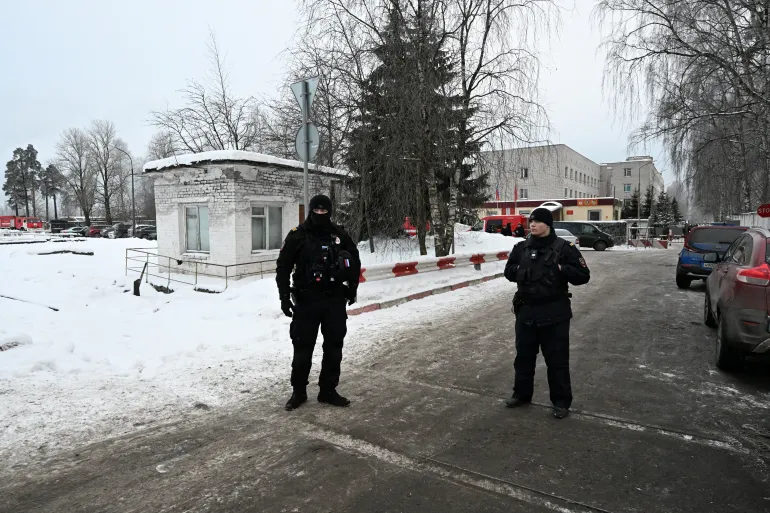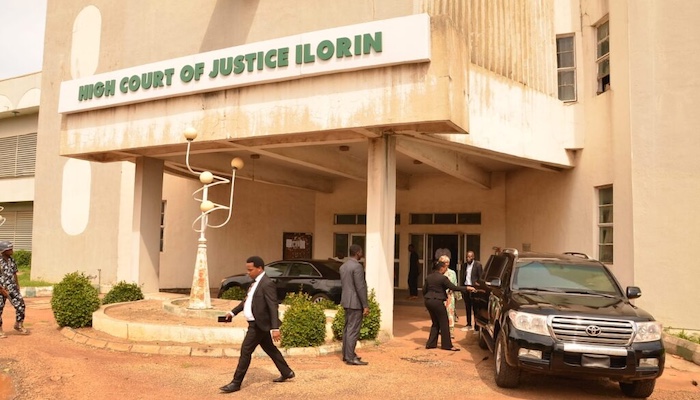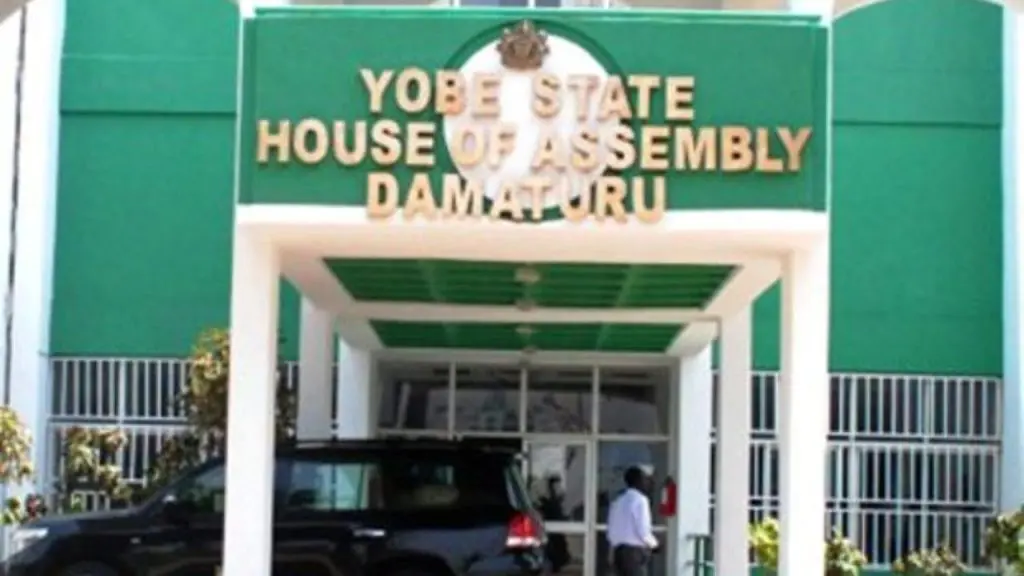Asia’s Plastic Crisis Festers as Global Treaty Talks Stall in Geneva

Asia’s mounting plastic pollution problem is colliding with global diplomatic gridlock, as UN-led negotiations on a binding plastics treaty struggled this week in Geneva to bridge deep divisions.
Across the region, single-use plastics are replacing traditional biodegradable packaging, worsening an already severe environmental challenge.
In Thailand and Indonesia, banana leaf wrappers are being replaced with disposable plastics, while in India, reusable metal lunch boxes are giving way to single-use containers. Environmental campaigners have labelled the trend “plastics colonialism”, warning of long-term harm to health, ecosystems and livelihoods.
The Organisation for Economic Co-operation and Development estimates that South and Southeast Asia account for more than a third of global plastic leakage, with 8.4 million tonnes entering the environment in 2022.
Without urgent reforms, that figure is expected to rise sharply. Weak waste collection systems and limited recycling capacity mean large volumes of plastic end up in rivers, seas and drainage systems, breaking down into microplastics that contaminate food chains. Informal waste pickers, who recover nearly 60% of the world’s recycled plastic, often work without safety protections, legal recognition or adequate pay.
In Geneva, the resumed fifth session of the Intergovernmental Negotiating Committee, running from 5 to 14 August, was billed as the last chance to secure a meaningful treaty before the year’s end. But a draft text released on 12 August drew criticism for omitting proposed limits on plastic production and failing to address hazardous chemicals. Around 100 countries, including EU members, Canada and several small island states, had pushed for binding caps on virgin plastic production and tighter chemical regulation. Oil- and gas-producing nations such as the United States, Saudi Arabia and Kuwait instead favoured a narrower focus on waste management and recycling.
India described the draft as a workable starting point, underscoring the divisions in the room. Negotiation chair Luis Vayas Valdivieso urged delegates to build consensus rather than deepen entrenched positions, signalling that a revised draft would be prepared before the talks close.
While global talks stall, regional and local initiatives continue. ASEAN’s “Declaration on Plastic Circularity” commits member states to coordinated waste reduction measures, and in South Asia, the PLEASE Project has prevented over 10 million kilograms of plastic from entering waterways and recycled more than 626,000 kilograms through innovations and public-private partnerships.
The OECD projects that with strong policies, Southeast and East Asia could cut plastic leakage by more than 95% by 2050, while significantly boosting recycling and reducing mismanaged waste. Without decisive action at both global and regional levels, experts warn the region risks locking in decades of worsening environmental damage and public health risks.
The Geneva negotiations are due to conclude on 14 August, with pressure mounting on governments to deliver a treaty capable of addressing what is increasingly viewed as one of the most urgent environmental crises of the century.









